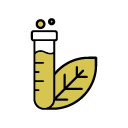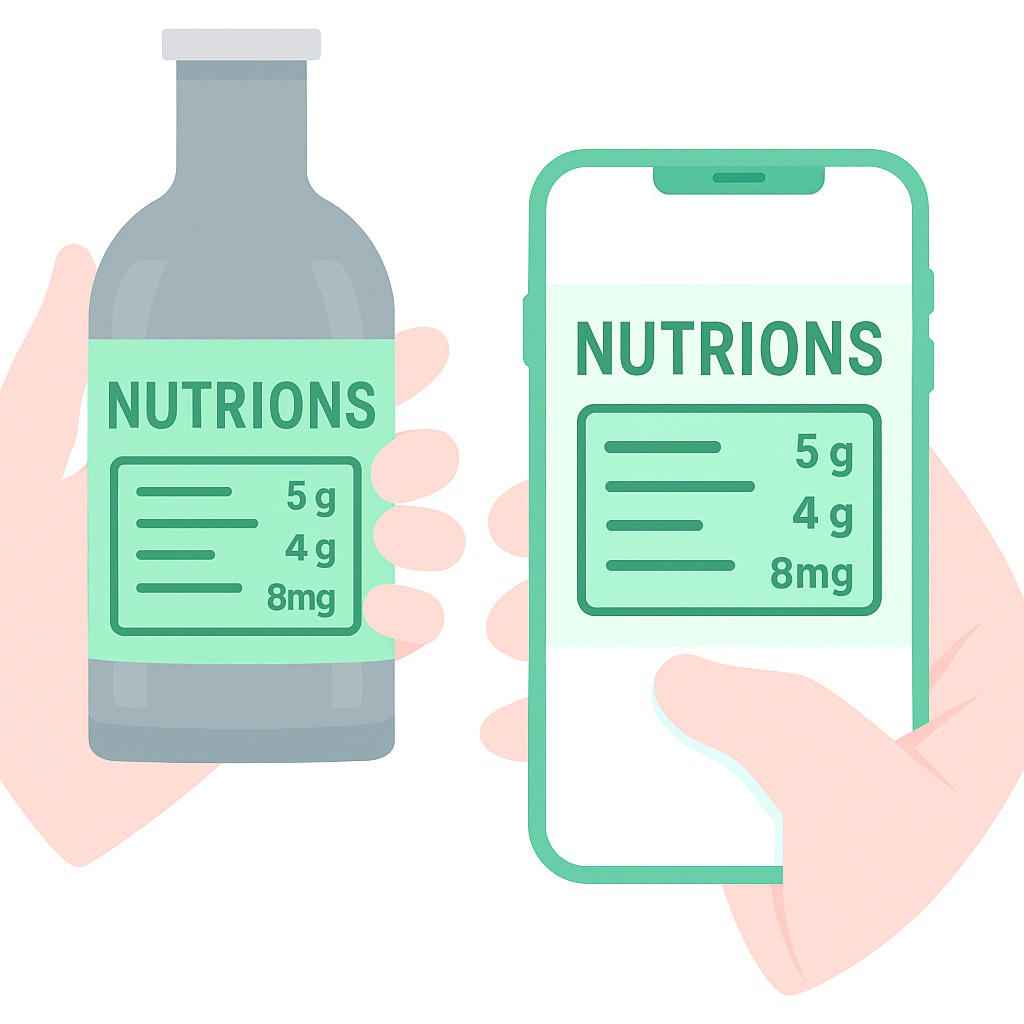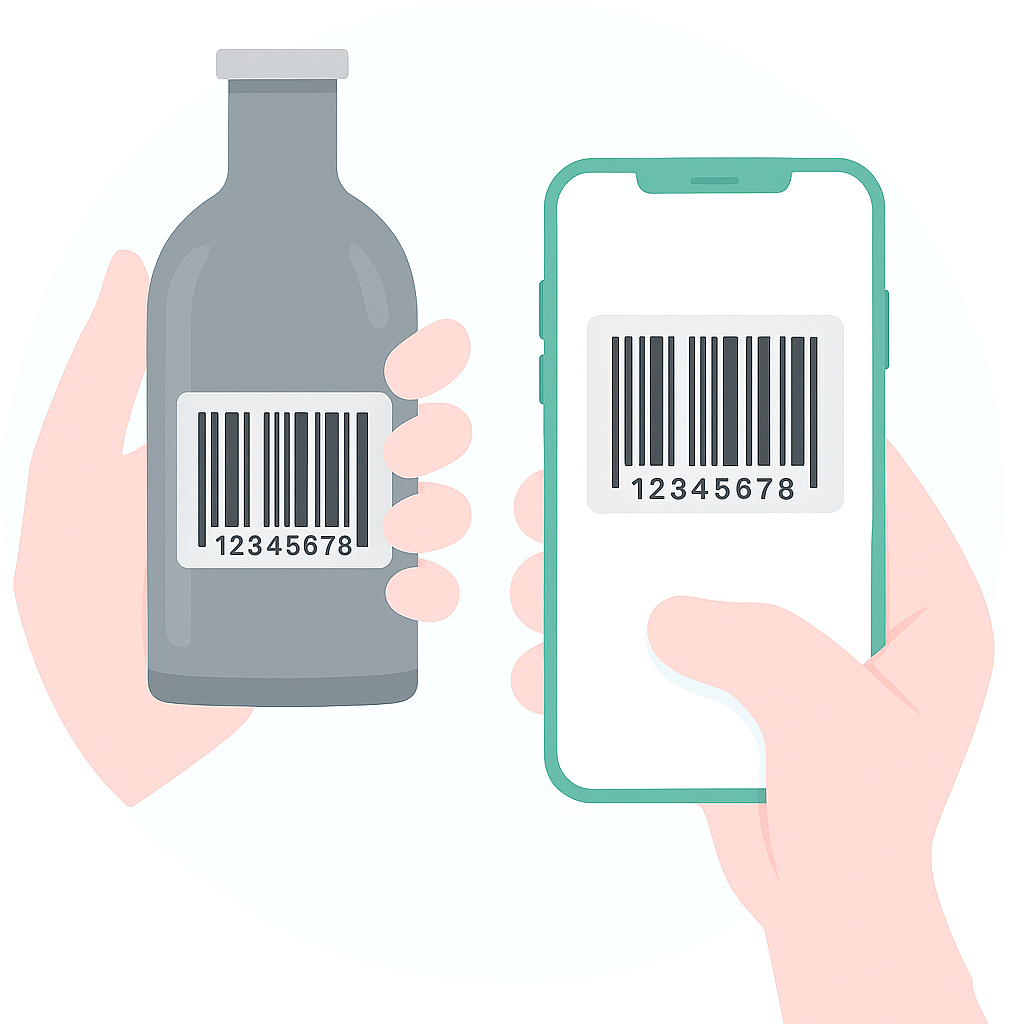Lemon Pineapple
Category
Milchgetränke
Brand
Cedevita
Barcode
3850322016183
Processing
Nutritions 100g/ml
Nutritional Information Not Available
We don't have nutritional data for this product yet.
Additives
-
It is a commonly used preservative in food, beverages, and cosmetics. It can cause allergic reactions, asthma, and hyperactivity in children.
Not Restricted
-
An antioxidant and flour treatment agent derived from Vitamin C, found in many foods. It is safe for human consumption and has health benefits.
Not Restricted
-
Used as an acidity regulator, preservative, and flavor enhancer. Can be irritating to skin, eyes, and mucous membranes at high doses.
Not Restricted
-
Acidulant, flavor enhancer, preservative; naturally occurring in citrus fruits but often derived from molds; used in beverages, confectionery, and canned foods. Side effects are rare but may cause allergic reactions or digestive issues in sensitive individuals.
Not Restricted
-
It is used as a preservative in food and cosmetics. It is an effective agent against mold and yeast. However, in high doses, it can cause allergic reactions.
Not Restricted
Questionable Ingredients
-
Natural flavors are derived from plant, animal, or microbial sources, including microorganisms, molds, or even pig bristles.
-
Mixture of glucose and fructose; high sweetness.
Additives
-
It is a commonly used preservative in food, beverages, and cosmetics. It can cause allergic reactions, asthma, and hyperactivity in children.
Not Restricted
-
An antioxidant and flour treatment agent derived from Vitamin C, found in many foods. It is safe for human consumption and has health benefits.
Not Restricted
-
Used as an acidity regulator, preservative, and flavor enhancer. Can be irritating to skin, eyes, and mucous membranes at high doses.
Not Restricted
-
Acidulant, flavor enhancer, preservative; naturally occurring in citrus fruits but often derived from molds; used in beverages, confectionery, and canned foods. Side effects are rare but may cause allergic reactions or digestive issues in sensitive individuals.
Not Restricted
-
It is used as a preservative in food and cosmetics. It is an effective agent against mold and yeast. However, in high doses, it can cause allergic reactions.
Not Restricted
Questionable Ingredients
-
Natural Flavors
Natural flavors are derived from plant, animal, or microbial sources, including microorganisms, molds, or even pig bristles.
-
Invert Sugar
Mixture of glucose and fructose; high sweetness.









